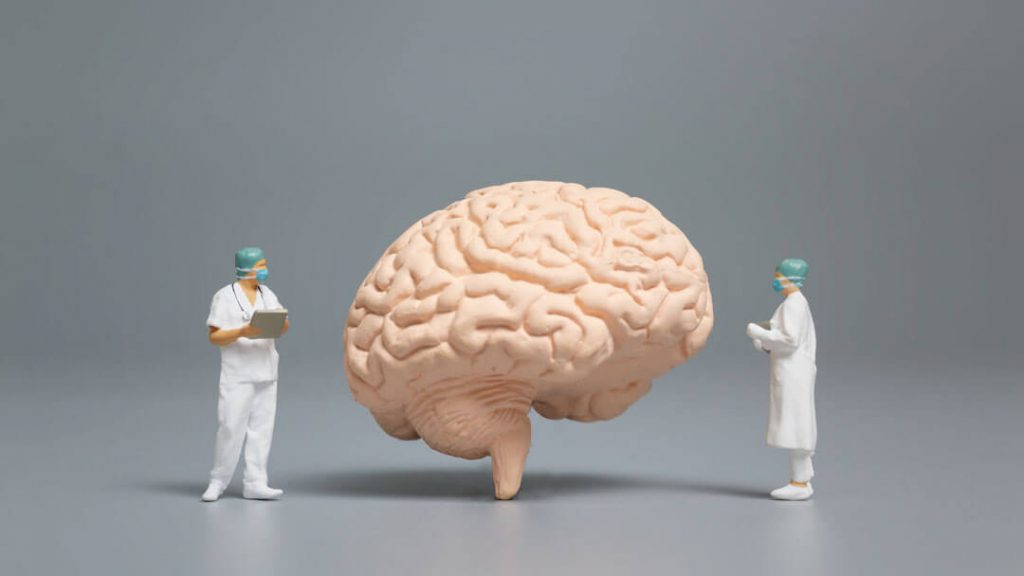One in four people develop mental health issues in their lifetime. Making it important to understand the signs, symptoms and steps to take to get help.
There’s a growing understanding of how common mental health problems are, and the importance of breaking down barriers to treatment.
Particularly post-pandemic. The impact of the COVID-19 has been emotional and psychological. Including potential PTSD amongst NHS and care staff, and depression for people who isolated for long periods. Also, financial instability can affect mental health.
Links between mental and physical health
Tackling mental health issues is not simply a matter of addressing emotional and psychological imbalances. Your mental health plays a role in your physical condition, not least as some issues can lead to risk-taking behaviours or being neglectful of your health.
This is why the World Health Organisation (WHO) classifies mental health as one of the main causes of diseases worldwide.
Also, people with long term medical issues can be more vulnerable to experiencing poor mental health.
Adolescents and children
Mental health issues can also affect a shockingly large number of under 18-year-olds. Sadly, it’s believed that 70% of children and adolescents in this situation don’t get the intervention they need, quickly enough.
Triggers
It’s not always possible to pinpoint the causes of mental health problems.
Work-related stress has been commonly discussed in media headlines, as has the impact of social isolation (both before and during the pandemic).
A 2006 study classified five factors that affect emotional and psychological health:
- Discrimination
- Participation in meaningful activities
- Relationships
- Physical health
- Poverty
However, it can be unhelpful to ask yourself or a loved one ‘Why?’. It’s better to simply accept there’s a problem and seek appropriate help.
The main types of mental health problems
Each person has their own challenges and levels of distress.
However, the National Institute for Health and Care Excellence (NICE) lists the most common mental health problems as:
- Depression
- Generalised anxiety disorder
- Social anxiety disorder
- Panic disorder
- Obsessive-compulsive disorder (OCD)
- Post-traumatic stress disorder (PTSD)
Sometimes, people show clear signs of anxiety, phobias and depression. In other cases, the symptoms are harder to pin down. It can include persistent insomnia or sleeping too much, lack of energy, lack of confidence, poor relationships, mood swings, aggression and reliance on self-medication or alcohol.
Treatment for mental health problems
There are no quick fixes to treat mental health problems.
However, seeking help from a doctor is a vital first step, putting in place empathetic, professional support. Any inter-connecting physical problems can be dealt with, ensuring they don’t worsen.
Treatment of mental health problems often involves talking therapies and other ways to create greater resilience and emotional balance.
Talking to a GP about mental health
One of the biggest hurdles can be the misconception that feeling anxious or depressed is not something doctors are interested in. People feel guilty for ‘wasting’ a doctor’s time. talking about how low, negative, irritable or distressed they feel.
Our doctors are always willing to discuss emotional wellbeing. They fully understand the importance of honest discussion, in a confidential and non-judgemental environment.
Data source: mentalhealth.org
